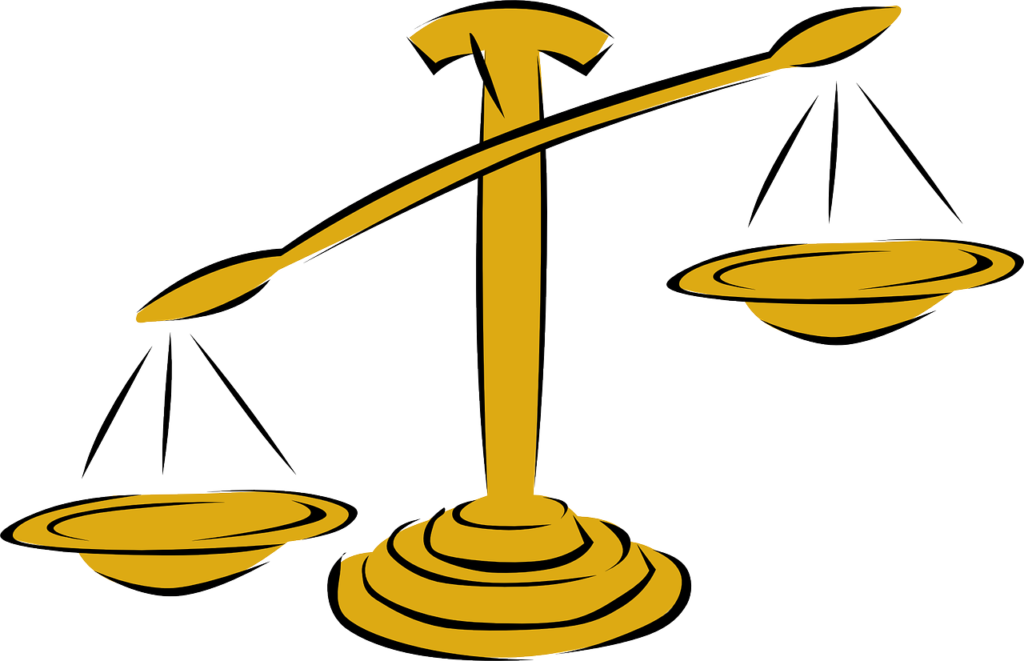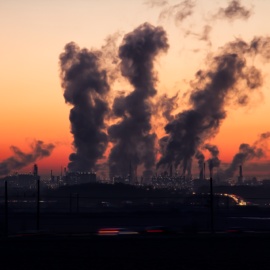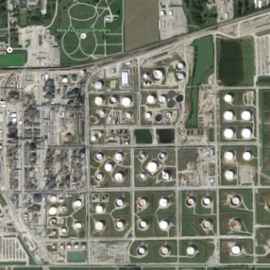
This is a better and more complete summary on H.B. 72 which says if you report your pollution the fine will be reduced. Thanks to Jon for noting I failed to post the cite and Bart for providing this one.
A proposal encouraging Louisiana industrial plants to report and correct their pollution violations, in exchange for reduced fines and keeping some information secret from the public, has survived the legislative process and is headed to Gov. John Bel Edwards. Efforts by oil, gas and chemical companies to create such a program at the state level date from 1997. Each attempt has been met with fierce opposition from environmental advocates and lawmakers concerned with the confidentiality that those bills typically promised industry for reporting their violations. In a break from previous years, however, the 2021 initiative was led by the state Department of Environmental Quality. Its officials said a voluntary environmental self-audit program for industry would supply the department with more data than it receives from current law and would more quickly resolve minor problems within plants. Unless Edwards vetoes the legislation, Louisiana would join 21 other states with self-audit programs. “It provides an incentive for regulated facilities to go above and beyond what they normally do,” said Amber Gremillion Litchfield, the department’s attorney supervisor. “It encourages people to report more violations to us, and as a result we learn about violations and compliances achieved faster than we normally would going through the process on our own.”
nola.com
The Department normally does not take a position on this issue. There was a request to study the proposal, in House Bill 72 which emerged from listening sessions after a 2019 House resolution wanted to study the problem. There was also no requirement to hold public hearings for new permits for “major source” polluters or amendments to the permits unless the public called for them. A change made by 2020 legislation required hearing and this position reversed that ruling.
Critics such as Kathy Wascom, a longtime lobbyist for the Louisiana Environmental Action Network, said the latest version of the bill is less “extreme” than past legislation. Still, she worries that it opens a Pandora’s box. “Once industry gets its foot in the door, it gradually amends legislation to get things that are more helpful to them,” she said. “The potential for abuse is enormous.” Opponents also argue that encouraging industry to regulate itself is no replacement for increasing staff and funding for government enforcement of pollution laws. Bill Goodell, who served under William Guste as assistant attorney general for environmental enforcement during Gov. Buddy Roemer’s 1988-92 administration, called the self-audit program “bad policy,” saying it will open loopholes for corporate attorneys to use in court to shield polluters from public scrutiny and liability.
In the final version of the bill, information given to the Department by the polluter would remain secret for two years.
Goodell called that “too much when you’re talking about communities. It’s horrible policy to have the state withhold information.” The Louisiana Environmental Quality Act already gives the state discretion when penalizing polluters, based on the violator’s history and whether the violation was immediately reported to the state, among other factors. “Leniency in a penalty is already written into your statutes and available,” Goodell said.
It is telling when the support for the bill came from the Louisiana Chemical Association, Louisiana Mid-Continent Oil and Gas Association, Louisiana Association of Business and Industry, Louisiana Ammonia Producers, Entergy Inc. and Phillips 66 and others.
“The environmental audit program would be an effective tool for both the Department of Environmental Quality and the industry to work together to increase data points on operations and to find best practices in making the industry more effective, efficient and environmentally friendly,” said Greg Bowser, the chemical association’s president and CEO.
There were many rounds of amendments as the bill was discussed and, at the end, only 8 legislators voted against the bill. The bill authorizes the Department of Environmental Quality to craft most of the program’s rules with few restraints. The Department said they would model their actions in accordance with the U.S. Environmental Protection Agency’s Audit Policy and would consult the EPA in drafting their rules.
The EPA’s program requires companies to meet nine conditions to have part of their penalty waived. When they find a violation via an audit or legally required monitoring, they must report it to EPA at least 21 days before a regulator would have identified it. The violator must also must correct and remediate the problem within 60 days of reporting it. Unlike in EPA’s program, Louisiana’s proposal would make industry tell the state before starting an audit and pay the state at least $1,500 to review it. State officials are uncertain how many plants would actually make use of the program or how many government staff will be needed to implement it.
The legislature will have to approve any proposed rules. The Governor has not indicated if he will sign the bill or not.



